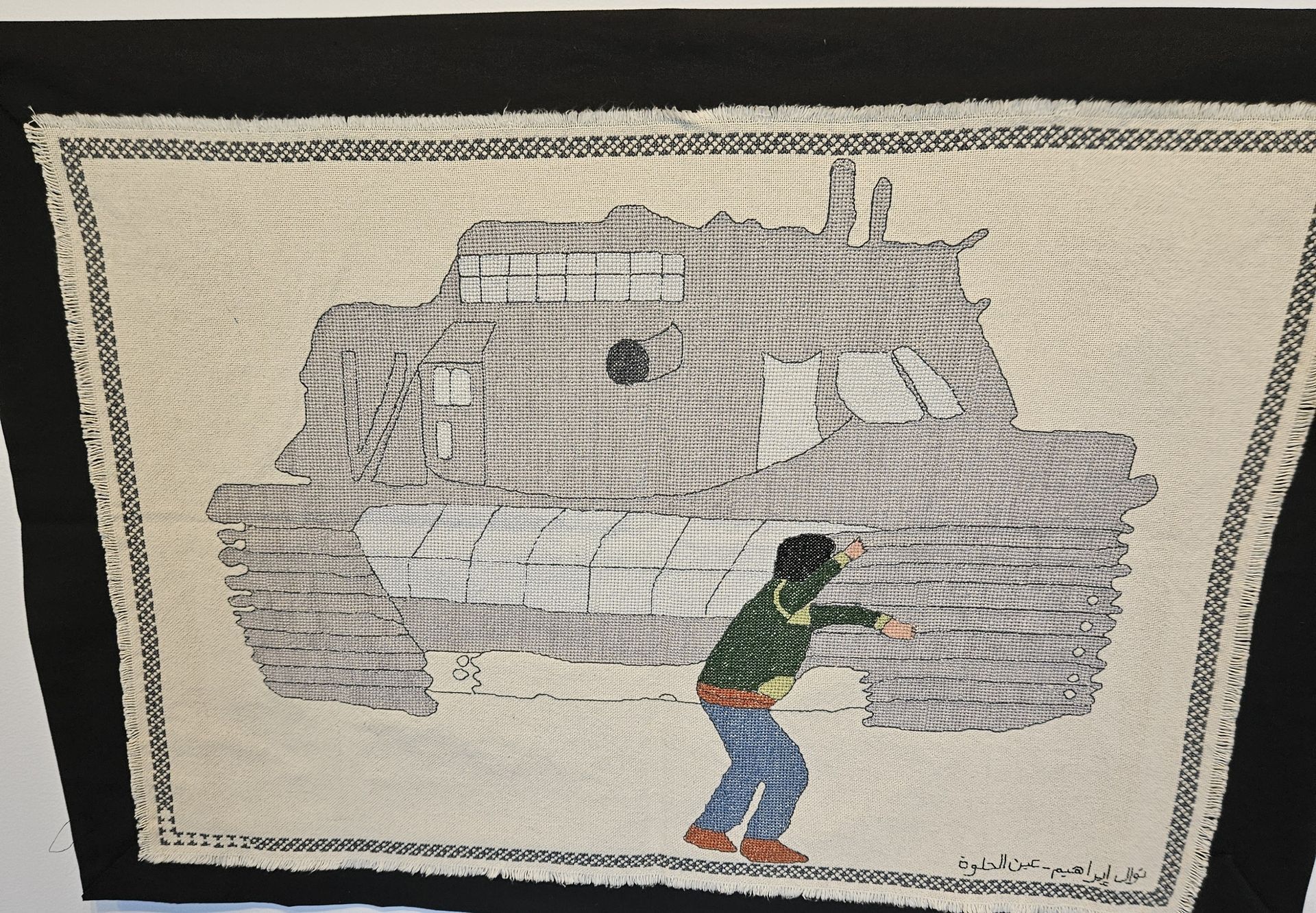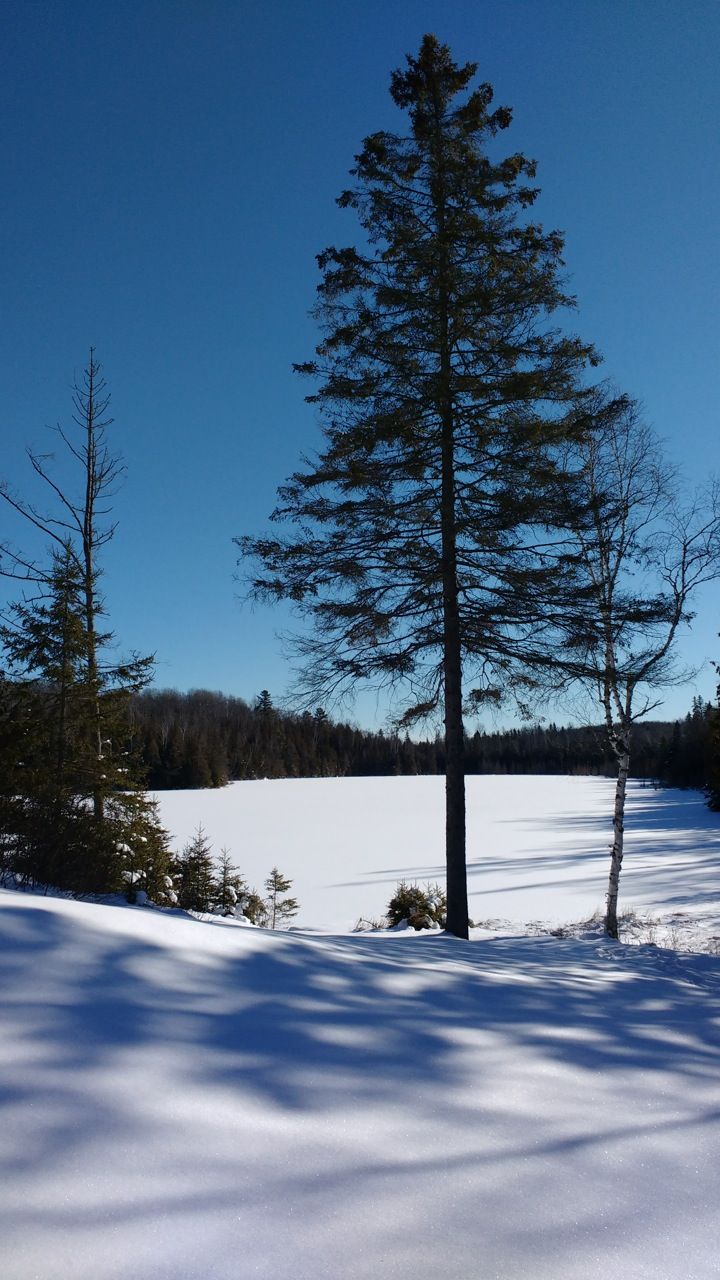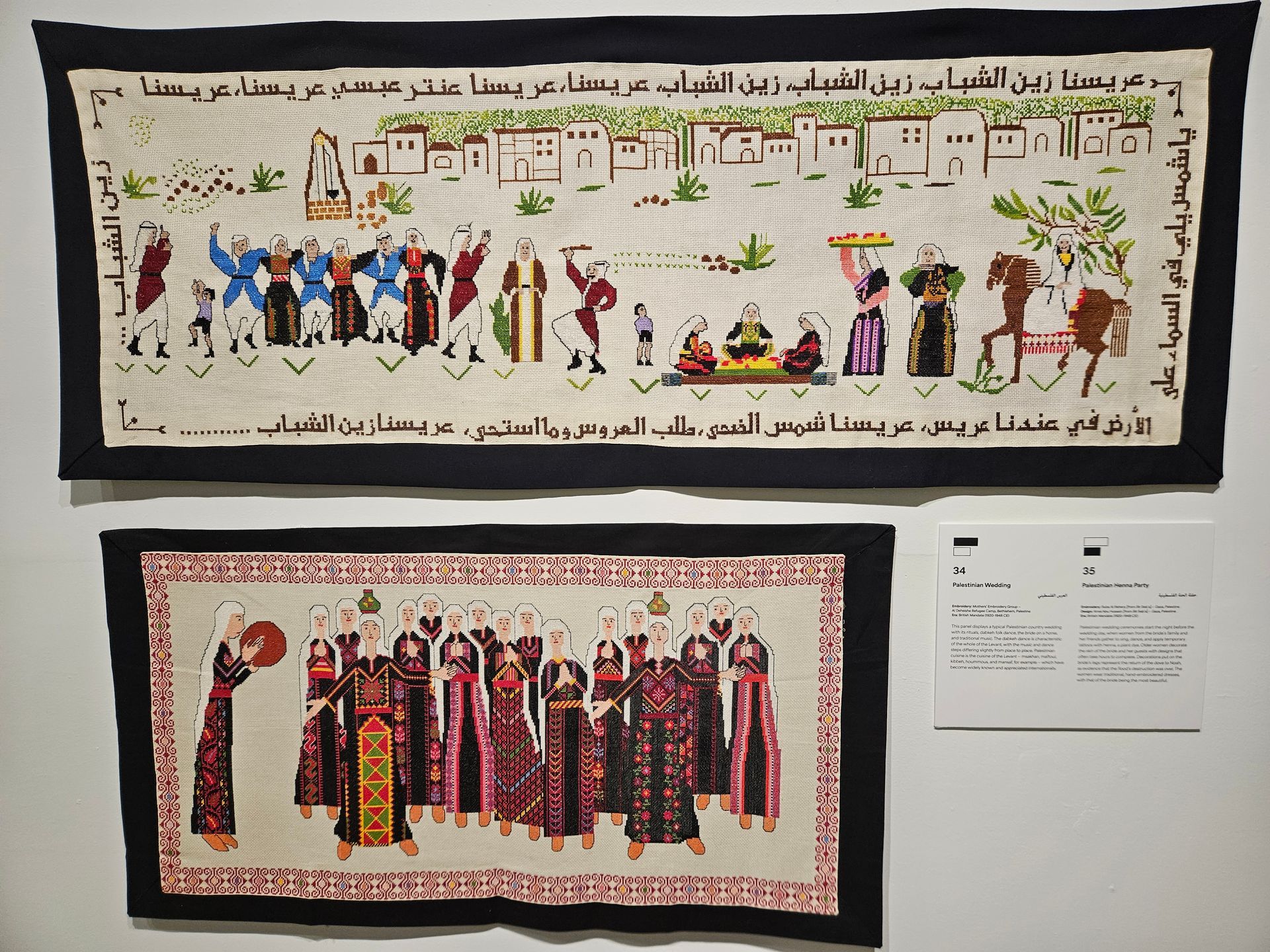
Land Acknowledgement and Action Go Together

For the last three years I have been growing in my discomfort with the usual land acknowledgements so frequently and easily recited by individuals and in public gatherings. Two years ago, I published a Pilgrim Praxis blog post initially expressing my disquiet about the practice. Read it here: https://www.minister.ca/restitution-for-the-stolen-lands.
It’s not that I object to the motivations behind acknowledgements. They are a way of signaling that there is a problem and the problem is not an “Indigenous problem”, but one which is historically and still in our times a settler or non-indigenous problem.
Settlers like me live on stolen lands – by and large. The British government in the name of the Crown claimed sovereignty over northern Turtle Island. In 1869, for just $1.5 million, the Hudson's Bay Company sold its nearly 7-million square kilometres of stolen lands!! to the government of Canada, vastly extending sovereignty without any reference to Indigenous inhabitants!!! It continued the pattern set in 1763 when the British Crown simply asserted its prerogative claiming sovereignty over most of North America with its Royal Proclamation of 1763. This immodesty sparked Revolution in the 13 Colonies (USA), but in Canada it resulted in Indigenous Peoples’ sovereign land rights being reduced to occupancy rights – and that didn’t last either. With assumed sovereignty, the Crown’s governments, led initially by John A Macdonald, didn’t hesitate to dispossess the Indigenous Peoples and confine them to postage-stamp sized scattered Reserves .
It all goes back to the fictitious notions put on paper in the papal Doctrine of Discovery and terrae nullius. Indigenous Peoples were deemed savage, pagan, second-rate humans and therefore could be disregarded, dispossessed, and subjugated by European Colonial Christendom. A long and haunting story of colonial imperialism – not exclusive to Canada, but easily recognized in so many other nations where the powerful are held to be superior and others, inferior.
The evil, racist assumptions fill many-a history book, as well as current reporters’ notebooks. It is no wonder that the United Nations Organization had to express itself on the issue in the unanimously approved United Nations Declaration on the Rights of Indigenous Peoples (UNDRIP) applying universal standards to the way states must relate to Indigenous Peoples. But few nations are rushing to make it happen! Rhetoric is easier than substance.
So, in and of itself, acknowledging that settlers occupy Indigenous lands is a virtue. What is objectionable is “acknowledgement” without a spoken and lived commitment to “action” rectifying the problem. I was reinforced in this opinion by listening to Isaac Murdoch (Bomgiizhik) a member of the Nimkii Aazhibikoong First Nation in Anishinaabeg Territory north of Elliott Lake in Ontario. With winsome candor he explains why he’s not a fan of land acknowledgements in a post at: nSprotesdoiuhe2150F c72mmyt13 tauag0c6rM56A4u8ra4 1h1b i1u:8.
Briefly summarized, Isaac Murdoch shares his concern by stating that land acknowledgements:
1. Once spoken, seem to give institutions, companies, and colonial structures permission to do nothing more;
2. Focus exclusively on people (e.g. Algonquin people) rather than on a more inclusive, broad understanding on who and what lives on the land – sentient species, spirit realities, trees, stars - all our relations.
3. Can become a shield, removing guilt, blocking real acknowledgement of the loss experienced by Indigenous Peoples, and requiring nothing more; in and of themselves they don’t facilitate change;
4. Are not accurate because virtually all lands are and remain under Crown sovereignty;
5. Are lip service until some stolen land is actually returned; i.e. they're not a real start on the road to “reconciliation” when things basically stay the same.
Indigenous Peoples have been and are still forced to engage in endless litigation processes to get their land rights recognized by Crown governments still hiding behind repudiated Doctrine of Discovery notions. The Nuchatlaht First Nation of British Columbia is taking the BC government, right now, to the Supreme Court of Canada in the tiresome, repetitive struggle to have their land rights confirmed.
But that isn’t all that makes land acknowledgements hollow. Like Murdoch, I have felt that the other side of the coin was missing. Acknowledgement on the one side - but action on the other is required to fundamentally change the unjust system.
Action to change things was the reason a group of Indigenous leaders and I worked together for an Indigenous revenue source based on real estate sales in Canada. In 2021, 1% of all real estate sales in Canada would have generated a land-related revenue of $9 billion for Indigenous Peoples to dramatically change things in human development - education, social conditions, employment.
Our proposal aimed to accomplish several goals: recognize that fundamentally all of pre-Contact Turtle Island was the Creator’s gift “owned” and “occupied” by sovereign Indigenous Peoples; acknowledge that a two-row wampum way of sharing was required by both grace and by moral standards; recognize that Indigenous Peoples had been illegally deprived of their lands and the many-facetted riches they offered and Indigenous Peoples were, as a very minimum first step, entitled to revenue based on their lands; a 1% slice of all real estate transactions could serve as a first-step, “good faith” act to provide a substantial, ongoing revenue base for Indigenous Peoples - even while the needed clarification of Section 35.1 of the Constitution Act of 1982 continues either through negotiation with Crown governments or, regrettably, through litigation in the courts.
Our proposal lacked the traction needed to carry it forward. But it is encouraging to see many non-Indigenous organizations, groups, and individuals walking the Way toward a more respectful and justice-based relationship with Indigenous Peoples. As more and more non-Indigenous Canadians understand the injustice perpetrated against Indigenous Peoples, there appears to be some real progress in the “reconciliation” journey. It is encouraging, but will it be enough to transform Canadian society?
In his book “Standoff – Why Reconciliation Fails Indigenous People and How to Fix It,” Bruce McIvor, a leading Metis lawyer in B.C., may be hopeful but is not optimistic. “Reconciliation,” he states, “continues to fail because it rests on a foundation of systemic racism. It is predicated on the denial of Indigenous Peoples’ inherent rights and the willingness of the Canadian state to use violence to suppress Indigenous rights. … The right is the pre-existing interest Indigenous Peoples had and continue to have in their land and the right to make decisions about their land before and after the colonizers’ arrival. This includes the right to benefit from their land and decide how their lands should be used or not used. The lie is that through simply showing up and planting a flag, European nations could acquire an interest in Indigenous land and displace Indigenous laws.” (p.168)
It's time to repudiate the lie, to re-think land acknowledgements. Alberta Indigenous minister Rev. Tony Snow, in the current issue of Broadview magazine, observes that “Performative rote acknowledgement sidesteps the need for true relationships” whereas acknowledgements need to become an “overture toward repairing a relationship.” (March 2023, p. 61. https://broadview.org/land-acknowledgments/)
It’s time to read more Indigenous authors, discuss with Indigenous partners, to re-learn truthful history, to understand and reject the apartheid system imposed by Canada’s government and still legally in effect through the Indian Act. It is time for the Crown – the entire Canadian population - to embrace the shared vision of a real Two-Row Wampum society. It's time to commit to ACTION which would give land acknowledgements integrity and substantial meaning. This is the right time!
~~~~~~~~~~~~~~~~~~~~~~~~~ ~ ~ ~ ~ ~ ~ ~ ~ ~
A tentative provisional personal Recognition of Indigenous Land Rights
With gratitude to the Creator of all that is,
I live on the shores of the Kitchissippi (Ottawa) River in Ottawa and cottage in the Hastings highlands, the ancestral homelands of the Algonquin people with the fauna, flora, and nature’s myriad other phenomena native to the region. I recognize that I am a guest in these unceded and blessed territories shared graciously by rightful Indigenous hosts.
With gratitude, I embrace and commit myself to respectful, friendly endeavors that move Canadian society towards a time when settler people and Indigenous peoples enjoy mutually agreed upon understandings implementing the 17th Century Two-Row Wampum vision.
For almost eight centuries - since first Contact - Indigenous Peoples have patiently and steadfastly awaited a fair and shared peace that fulfils the Creator’s yearning for all of Turtle Island’s relations to be respectful, mended, and whole.
Now is the time for change.
Miigwetch!

